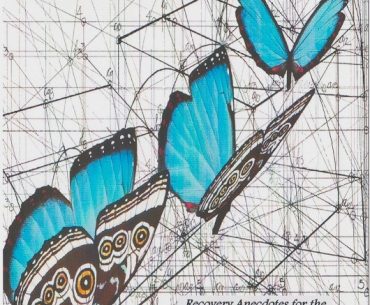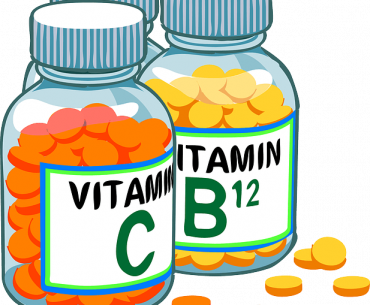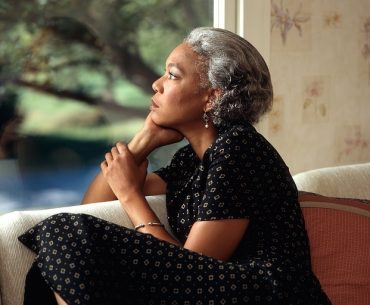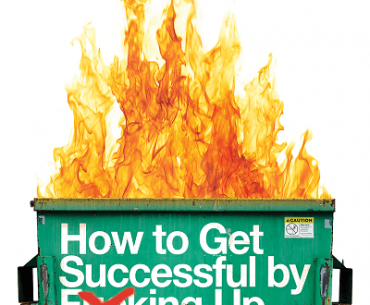Alcoholism and recovery? How did my book wind up in this genre? To make a long story short… I began writing poetry as a teenager in the late sixties after a tragic event triggered depression and PTSD that went unrecognized for decades. Unbeknownst to me, it served as a spiritual release valve that let my
Every time I re-awaken to the notion that self-care is an important part of managing the three-legged healing “stool” of denial-busting, mourning and tender re-parenting I seem drawn to immediate, quick fixes. These fixes are likely a leftover of the family’s immigrant legacy of learned helplessness, victimhood, ignorance, superstition and catastrophizing. My parents on both
One in 10 Americans over age 12 find themselves dealing with addiction. For the millions of people living with the chronic condition, an important part of the recovery process is not simply seeking treatment, but maintaining a healthy life post-addiction. Both for those who are newly sober and those who have been in recovery for years,
The mind is an amazingly persistent machine that pursues questions hoping to find an answer. What happens to the unanswerable questions? Why do un-answerable questions about situations from our past or concerns about the future plague us? Why does irritation show up as frustration, anger or depression? The mind motor over works, slips gear and
Anna David was, in every way, groomed for success. She grew up in an affluent community and came from a family that prioritized SAT scores, Harvard attendance and high-paying jobs. The problem was, she had low SAT scores, was rejected by Harvard and spent her early life feeling like the family’s great disappointment. Concluding that
In the United States alone, over 9,800 people live in self-run post-addiction treatment dwellings where they obtain jobs, pay utility bills, and learn to be responsible citizens. However, not everybody has the luxury to spend time in such a dwelling after treatment. After receiving treatment for some sort of addiction, whether in the hospital or in some
When interviewing experts on addiction and recovery, I like to ask my subjects about advice for people struggling with addiction. What are the best things you can do to stay on track with your recovery? I’ve gotten a wide variety of responses, but one theme that comes up over and over again is some version
Contrary to what most churches will tell you, Christian brains are just as susceptible to addictions as non-Christian brains. Becoming a Christian does not instantly give you a new brain, anymore than it gives you new legs, arms or any other body part. The brain is part of the physical body, NOT the spiritual soul.















